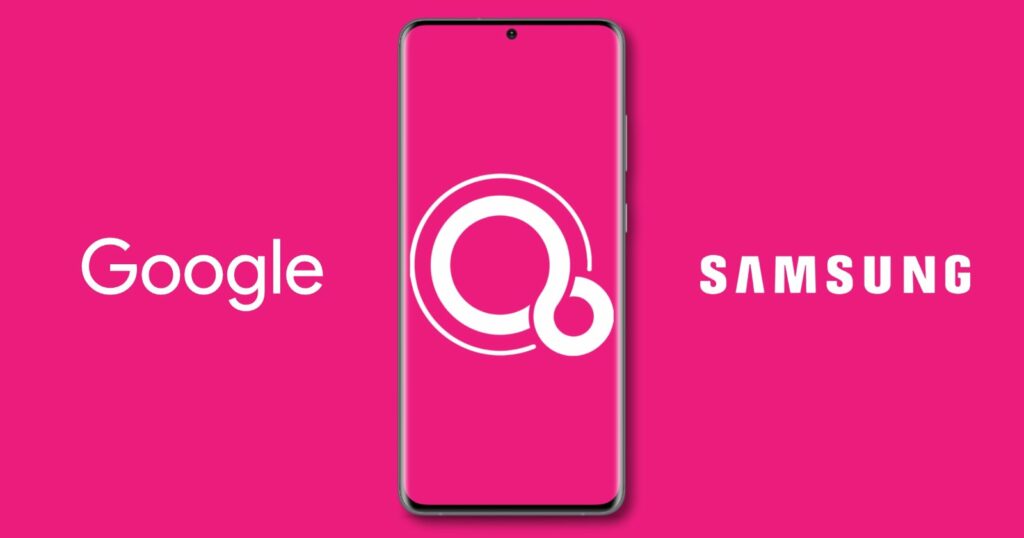Samsung has been known for its innovation and cutting-edge technology. Recently, the company has been working on a new operating system called Samsung Fuchsia OS. This operating system is expected to be a game-changer in the tech industry, as it promises to be more efficient, faster, and more secure than existing operating systems.
What is Samsung Fuchsia OS?
Samsung Fuchsia OS is a new operating system that is being developed by Samsung. It is designed to be a lightweight operating system that can run on a wide range of devices, from smartphones to smart home devices. The operating system is built on a microkernel architecture, which means that it is highly modular and can be customized to suit different devices and applications.
The microkernel architecture of Samsung Fuchsia OS is a departure from the monolithic architecture used in traditional operating systems such as Windows and macOS. In a monolithic architecture, the operating system is a single, large piece of software that handles all the functions of the system. This can make the operating system slower and less efficient. In a microkernel architecture, the operating system is broken down into smaller modules that can be customized and optimized for specific functions.
Features of Samsung Fuchsia OS
Samsung Fuchsia OS promises to offer several features that make it stand out from other operating systems. Some of these features include:
- Scalability: Samsung Fuchsia OS is designed to be highly scalable, which means that it can be customized to run on a wide range of devices, from small IoT devices to large servers.
- Security: Samsung Fuchsia OS is designed with security in mind. It uses a microkernel architecture that isolates different components of the operating system from each other, which makes it more difficult for hackers to exploit vulnerabilities.
- Compatibility: Samsung Fuchsia OS is designed to be compatible with existing applications and software. This means that users can continue to use their favorite applications and services without any compatibility issues.
- Speed: Samsung Fuchsia OS is designed to be faster and more efficient than existing operating systems. This is because it uses a microkernel architecture that allows for faster communication between different components of the operating system.
- User Interface: Samsung Fuchsia OS is expected to have a sleek and modern user interface. This will make it more user-friendly and appealing to users.
Future of Samsung Fuchsia OS
Samsung Fuchsia OS is still in development, but it has already generated a lot of buzz in the tech industry. The operating system is expected to be released in the near future, and it is expected to be a game-changer in the tech industry. Samsung has already started testing the operating system on some of its devices, and the results have been promising.
One of the key advantages of Samsung Fuchsia OS is its scalability. This means that it can be used on a wide range of devices, from small IoT devices to large servers. This makes it an ideal operating system for the Internet of Things (IoT) and other emerging technologies.
Another advantage of Samsung Fuchsia OS is its security. The operating system is designed to be more secure than existing operating systems, which is becoming increasingly important as cyber threats become more sophisticated.
In conclusion, Samsung Fuchsia OS is a promising new operating system that has the potential to revolutionize the tech industry. It offers several advantages over existing operating systems, including scalability, security, compatibility, speed, and user interface. While it is still in development, Samsung has already started testing the operating system on some of its devices, and the results have been promising. We can expect to see Samsung Fuchsia OS in the near future, and it will be interesting to see how it performs in the real world.


